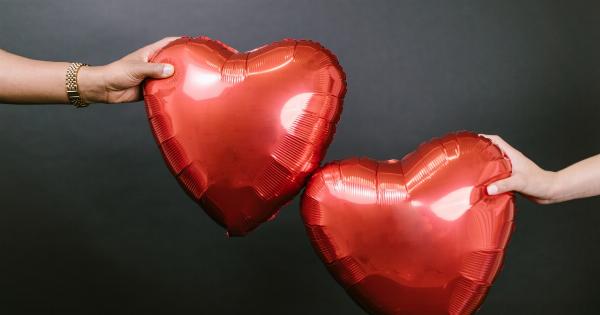Heatwaves can be especially dangerous for those with heart conditions. High temperatures can put extra stress on the heart and increase risk for heart attacks and other cardiovascular events.
Therefore, it is important to take precautions to protect your heart during a heatwave. Here are some tips to stay cool and keep your heart healthy during a heatwave.
Stay Hydrated
Drinking plenty of fluids is key to staying healthy during a heatwave. Aim for at least 8 glasses of water per day and more if you are sweating heavily.
Dehydration can cause your blood to thicken, making it harder for your heart to pump blood throughout your body. Therefore, it is important to stay hydrated to keep your blood flowing smoothly and reduce strain on your heart. Avoid drinks with caffeine or alcohol as they can dehydrate you even more.
Take Breaks from the Heat
Avoid prolonged exposure to high temperatures by taking frequent breaks in a cool, air-conditioned space. If you don’t have access to air conditioning, visit a public library, mall, or other public space that is air-conditioned.
Spending even a few hours in a cooler environment can give your body time to recover from the stress of the heat and reduce your risk for cardiovascular events.
Dress for the Heat
Wear loose, light-colored clothing during a heatwave to help your body stay cooler and reduce strain on your heart. Tight-fitting clothing can trap heat and make it harder for your body to cool down.
Light-colored fabrics reflect the sun’s rays, while dark colors absorb them, making you feel even hotter. If you have to be outside during the hottest part of the day, wear a hat and sunglasses to protect your head and eyes from the sun.
Avoid Exercise During the Hottest Part of the Day
Avoid exercise or strenuous activity during the hottest part of the day, typically between 11am and 4pm. Exercise raises your body temperature and can increase your heart rate, putting extra stress on your heart during a heatwave.
Instead, try to exercise in the early morning or late evening when it is cooler outside.
Monitor Your Heart Health
During a heatwave, it’s important to monitor your heart health and be aware of any symptoms that may indicate a cardiovascular event. Symptoms include chest pain or discomfort, shortness of breath, lightheadedness or fainting, and nausea or vomiting.
If you experience any of these symptoms, seek medical attention immediately.
Use Fans and Cool Compresses
Use fans or cool compresses to help lower your body temperature during a heatwave. Place a cool compress on your forehead, neck, or back to help lower your body temperature and reduce strain on your heart.
A fan can also help circulate the air and make you feel cooler. However, be aware that fans don’t actually lower the temperature in the room and can sometimes make you feel even hotter if used improperly.
Eat Light, Refreshing Meals
During a heatwave, it’s important to eat light, refreshing meals that won’t weigh you down. Heavy or greasy meals can cause your blood pressure to drop, making it even harder for your heart to pump blood throughout your body.
Instead, try to eat small, frequent meals that are high in water content, like fresh fruits and vegetables, to stay hydrated and cool.
Stay Informed
Stay informed about the weather conditions during a heatwave by checking local news or weather reports frequently. Be aware of any heat advisories or warnings in your area and take appropriate precautions to protect your heart.
Listen to your body and take breaks when you need to, even if it means postponing activities or plans.
Know When to Seek Medical Attention
During a heatwave, it’s important to know when to seek medical attention for yourself or someone else. If you or someone you know is experiencing symptoms of heat stroke, like confusion, rapid breathing, or a rapid heartbeat, call 911 immediately.
Heat stroke is a medical emergency and requires immediate attention to prevent severe complications or death.
Conclusion
Protecting your heart during a heatwave is crucial to staying healthy and reducing your risk for cardiovascular events.
By staying hydrated, taking breaks from the heat, dressing appropriately, and avoiding strenuous activity during the hottest part of the day, you can help keep your heart healthy and safe. Monitor your heart health, stay informed, and know when to seek medical attention to stay on top of your heart health during a heatwave.



























